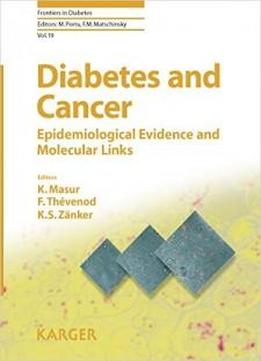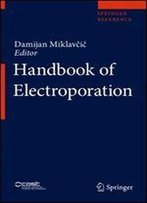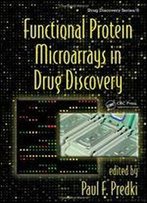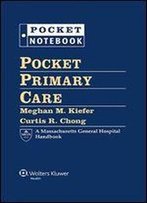
19: Diabetes And Cancer: Epidemiological Evidence And Molecular Links (frontiers In Diabetes, Vol. 19)
by M. Porta /
2008 / English / PDF
2.1 MB Download
The interdisciplinary work revealing varied roles in biological
processes of chronic diseases has led to a new field of research
concerning common molecular and clinical features of chronic
diseases. Epidemiological literature suggests an association
between the history of metabolic syndrome/diabetes mellitus type 2
and the risk of developing a variety of cancers. This book, at the
forefront of experimental and clinical research, is the first to
highlight the common molecular links between these two diseases.
These tight links indicate a complex interdependency between both
diseases on a cellular and hormonal basis, which is influenced by a
variety of aspects (e.g. nutritional, social and
neuro-immunological factors). Special attention has been given to
the fundamental role of the switch from oxidative phosphorylation
to glycolysis of cancer cells - the Warburg effect. Offering
insights into the interdisciplinary approaches of tomorrow, this
publication will encourage endocrinologists, oncologists,
diabetologists, general practitioners, diabetic nurses and students
of life sciences working separately on various aspects of diabetes
and cancer to come together and combine therapies and strategies.
The interdisciplinary work revealing varied roles in biological
processes of chronic diseases has led to a new field of research
concerning common molecular and clinical features of chronic
diseases. Epidemiological literature suggests an association
between the history of metabolic syndrome/diabetes mellitus type 2
and the risk of developing a variety of cancers. This book, at the
forefront of experimental and clinical research, is the first to
highlight the common molecular links between these two diseases.
These tight links indicate a complex interdependency between both
diseases on a cellular and hormonal basis, which is influenced by a
variety of aspects (e.g. nutritional, social and
neuro-immunological factors). Special attention has been given to
the fundamental role of the switch from oxidative phosphorylation
to glycolysis of cancer cells - the Warburg effect. Offering
insights into the interdisciplinary approaches of tomorrow, this
publication will encourage endocrinologists, oncologists,
diabetologists, general practitioners, diabetic nurses and students
of life sciences working separately on various aspects of diabetes
and cancer to come together and combine therapies and strategies.











